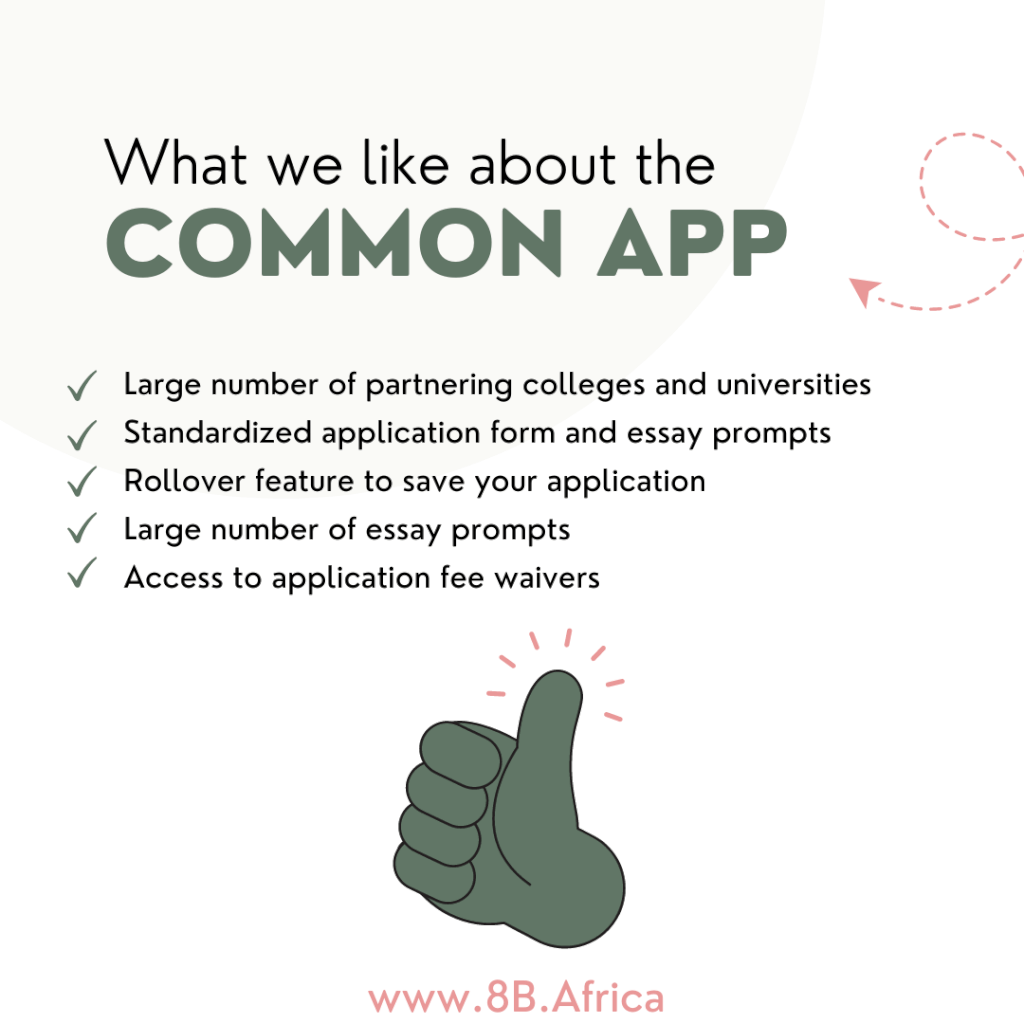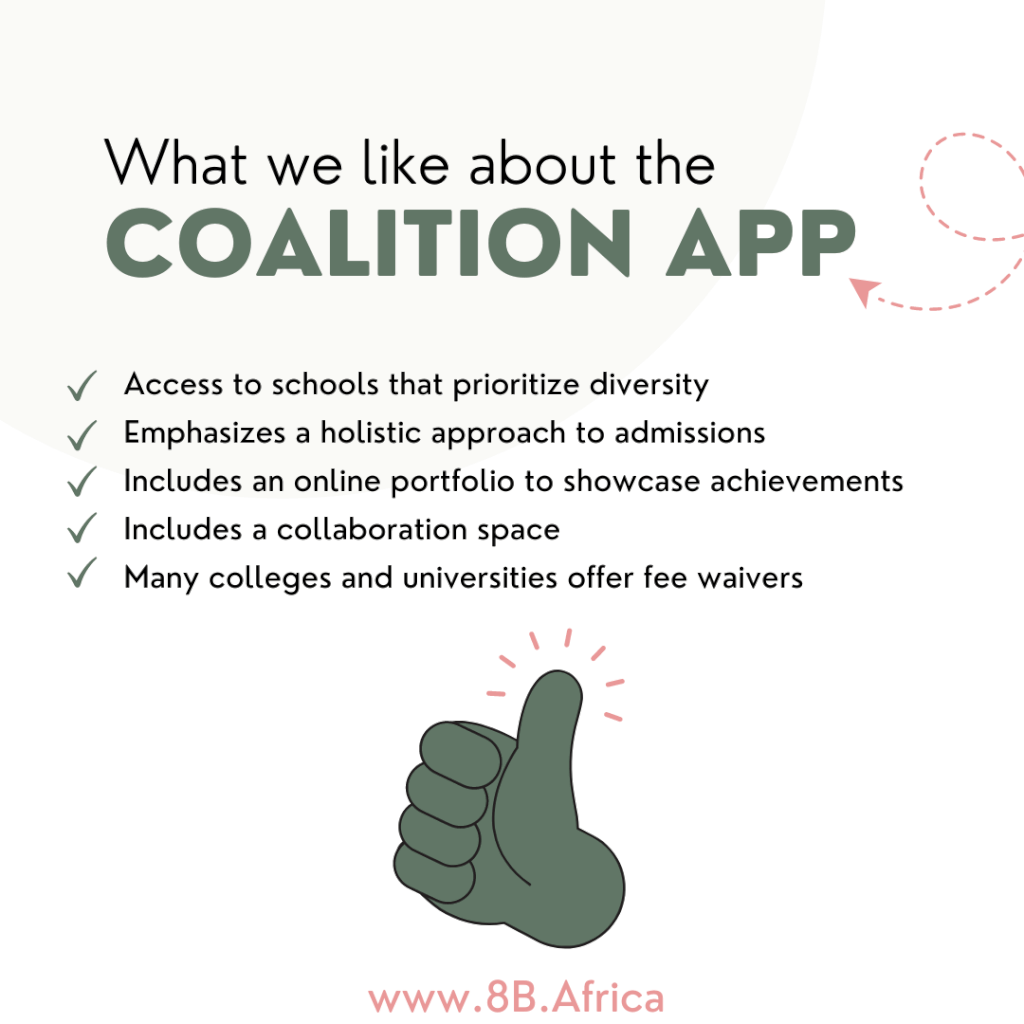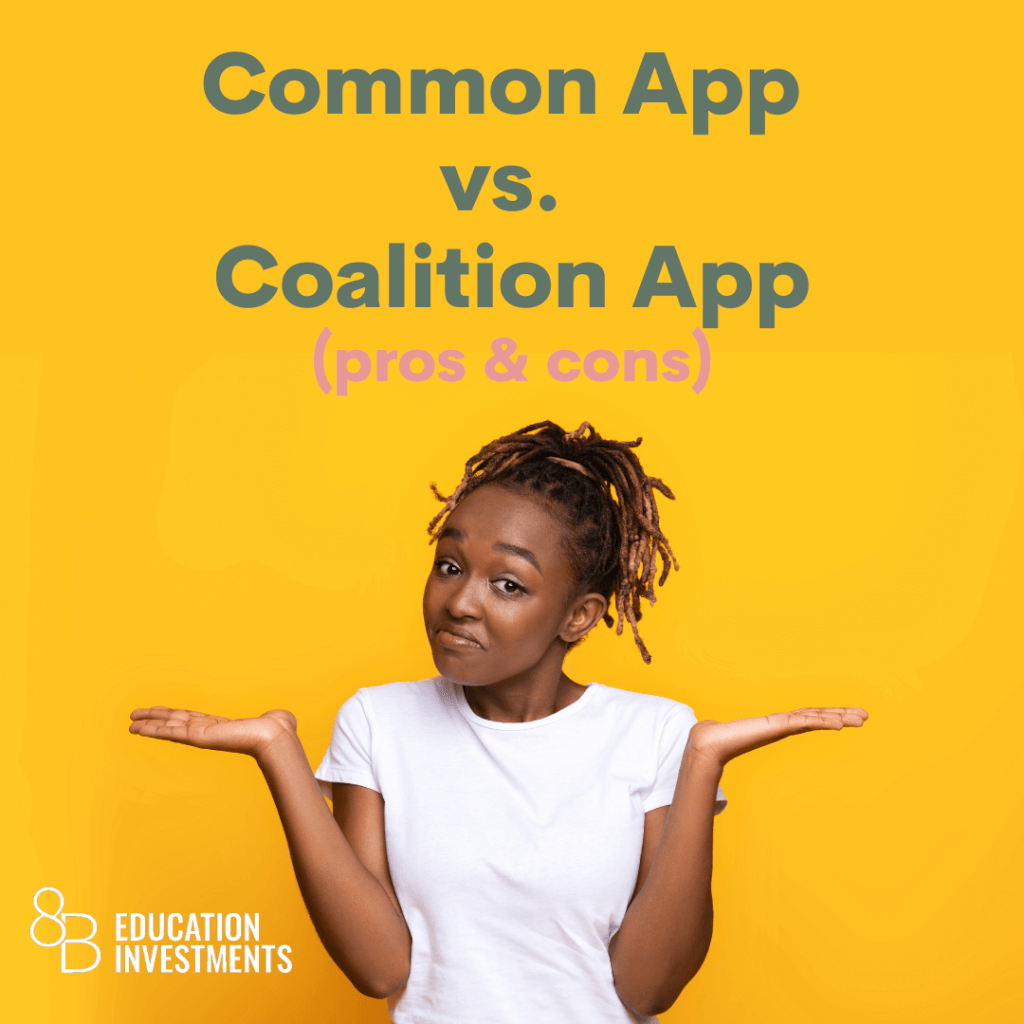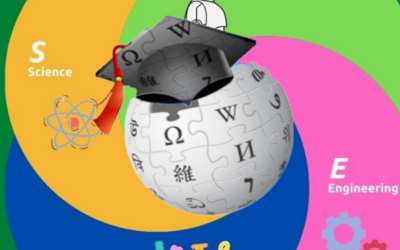Keeping track of and managing multiple college applications can be a huge task. Remember, to maximize your chances of receiving admission, you need to apply to 4 to 12 schools.
That’s where the Common Application (Common App) and Coalition for College (Coalition App) come in. They’re online platforms that help streamline the college application process – giving students a way to track, complete, and submit applications to different schools.
The Common App and Coalition App are used by students to apply for undergraduate programs at participating universities in the United States. Both platforms are free to use for students – although you’ll still have to pay each school’s application fees.
On both the Common and Coalition App, you’ll be asked to write an essay in response to a predetermined prompt for schools that have that requirement. Some colleges may also require additional essays or short answers from applicants.
In this comprehensive guide on the Common App vs Coalition App, we’ll explore the main features of each of these portals, their similarities and differences, as well as their pros and cons.
We’ll leave you with great advice on which platform you should choose for your U.S college applications as an international student.
What Is a Common App?
The Common Application, also known as the Common App, is an online platform used by students to apply for undergraduate programs at participating colleges and universities in the United States.
It was founded in 1975 by a group of 15 private colleges who sought to simplify the college application process by creating a standardized application form that students could use to apply to multiple colleges.
Today, the Common App has over 900 member colleges and universities across the US and internationally.
The Common App allows students to:
- Create an account
- Complete their personal and academic information
- Upload transcripts and other supporting documents
- Submit their applications to multiple schools with just one form
In addition to the standard application form, the Common App also includes essay prompts, a section for students to self-report their academic information, and a section for letters of recommendation.
By using the Common App, students can save time and effort in the application process and increase their chances of being accepted into multiple colleges.
What Is a Coalition App?
The Coalition for College Access, also known as Coalition App, is another online platform used by students to apply for undergraduate programs at participating colleges and universities in the U.S.
It was founded in 2015 by a group of colleges and universities who aimed to create a more inclusive and affordable college application process for students from diverse backgrounds.
Like the Common App, the Coalition App allows students to:
- Create an account
- Complete their personal and academic information
- Upload transcripts and other supporting documents
- Submit their applications to multiple schools with just one form
However, the Coalition App also includes additional features, such as an online portfolio where students can showcase their achievements and a collaboration space where students can work with their counselors and mentors to complete their applications.
The Coalition App is currently used by over 160 colleges and universities across the US. By using the Coalition App, you can access a range of resources and support to help you navigate the college application process and increase your chances of being accepted into college.
Key Differences Between the Common App and Coalition App
While the Common App and Coalition App are similar in many ways, they also have some major differences. You should consider these differences before making a decision on which platform to use for your college applications.
Here are the key differences between the Common App and Coalition App:
- Number of schools: The Coalition for College is a group of over 160 colleges and universities that offer undergraduate programs in the US. On the other hand, the Common Application has over 900 member colleges and universities across the US and internationally.
- Application components: The Coalition application includes several components, such as an essay, letters of recommendation, and a student profile. The Common App also includes similar components, but it also includes a section for students to self-report their academic information, such as grades and test scores. Extra features on Coalition App include an online portfolio and a collaboration space.
- User interface: The Coalition and Common App have different user interfaces, which means that some students may prefer one over the other.
- Essay prompts: The Coalition and Common App have different essay prompts, which means that students will need to write different essays if they choose to apply using both platforms.
The Pros and Cons of Using the Common App vs Coalition App

Each of these platforms comes with its own set of pros and cons. Let’s take a look at them to help you figure out which one is best suited for your needs:
Common App Pros
Here are some potential advantages of using the Common App for students applying to college in the United States:
- Has a large number of partnering colleges and universities – over 900. This means that students have access to a wide range of institutions and can apply to many schools with one application.
- Has a standardized application form and essay prompts by all member institutions. This saves time and effort, as you don’t need to complete separate applications for each school you’re interested in.
- Has a rollover feature that allows you to save your application as you work on it
- Has a large number of essay prompts for you to choose from
- Access to application fee waivers for students with financial need. This can make it easier for you to apply to schools without incurring high costs.
- Support resources such as essay tips, college search tools, and financial aid information
Common App Cons
While there are many potential advantages to using the Common App for college applications, there are also some potential drawbacks to consider.
Here are some common concerns:
- Additional essay requirements from some schools can make the application process more time-consuming.
- The standardized application form may not allow you to fully showcase your unique talents, experiences, or skills.
- The Common App can experience technical glitches or downtime, which can be frustrating for students trying to submit their applications on time.
- Because the Common App allows students to apply to multiple colleges and universities with one application, it may increase competition among applicants for certain schools
Coalition App Pros

Just like the Common App, the Coalition App also has its advantages. Here are the main advantages of using Coalition App for your U.S college applications:
- Access to schools that prioritize diversity and inclusion in their admission process, which increases the chances of admission for international students.
- Emphasizes a holistic approach to admissions, which takes into account your background, experiences, and potential, in addition to your academic achievements. This can be a big benefit if you have faced challenges or overcome obstacles in your life.
- Includes an online portfolio where you can showcase your achievements, skills, and experiences. This can be a benefit if you have talents or accomplishments that may not be reflected in your academic record.
- Includes a collaboration space where you can work with counselors, teachers, and mentors to complete your application. This can provide additional support and resources.
- Many colleges and universities that use the Coalition App offer application fee waivers to students with financial need. This can make it easier for students to apply to schools without incurring high costs.
Coalition App Cons
The Coalition App also has some potential drawbacks to consider.
Here are some common concerns:
- While the Coalition App is growing in popularity, it is still used by fewer colleges and universities than the Common App. This means that you may not have access to as many schools or as much diversity in your options.
- Just like with Common App, some schools may require additional essays and materials, making the application process more time-consuming.
- The Coalition App includes additional features, such as an online portfolio and collaboration space, which may require additional time and effort for students to learn and navigate.
- While it doesn’t have a huge volume of users (compared to Common App), Coalition App may also experience technical glitches or downtime. This can be frustrating for students trying to submit their applications on time.
Common App vs Coalition App: Which One Is Best for International Students?
Generally, your choice of the platform to use for your U.S college applications depends on which colleges and universities you’re interested in applying to.
Some schools may only accept applications through one platform, while others may accept applications through both.
Bottom line: Research the application requirements for each school and choose the platform that works best for them.
That said, with its focus on schools that prioritize diversity and inclusion, we highly recommend Coalition App for international students.
Remember, Coalition App was created to make it easier for students from underrepresented demographics to apply to colleges and universities in the U.S. The schools that the platform partners with are more likely to offer generous financial aid packages or low-cost tuition to international students.
Do you need more support with your college applications? Join the 8B Community to connect with peers, college admission professionals, and mentors to guide you for a smoother study abroad journey.
Common App vs Coalition App: Frequently Asked Questions

Can I use both the Common App and Coalition App?
Yes. You can use both the Common App and Coalition App to apply for colleges in the U.S at the same time. But keep in mind that colleges only accept one application per student. In addition, you’ll have to foot the application fees charged by each school.
Should you apply with Common App or Coalition App?
The answer to this question depends on your needs and goals. If you’re an international student requiring large financial aid packages, Coalition App may be your best bet. However, Coalition App partners with a significantly lower number of schools compared to Common App. Some of the schools on your list may only use Common App – which will make the platform a better choice for you.
How much is the Common App/Coalition App Fee?
Both Coalition App and Common App are free to use for students. However, you’ll still have to pay the application fee charged by each university. Some institutions charge as little as $25-$50, while others may charge up to $100 or more. Some colleges and universities may also waive application fees for students who demonstrate financial need or who meet certain criteria.
Are there schools that don’t accept either Common App or Coalition App?
Yes. While both platforms are popular for college applications, there are some U.S schools that accept neither Common App nor Coalition App. For these schools, you’ll have to submit your application either directly or via their own university system.



